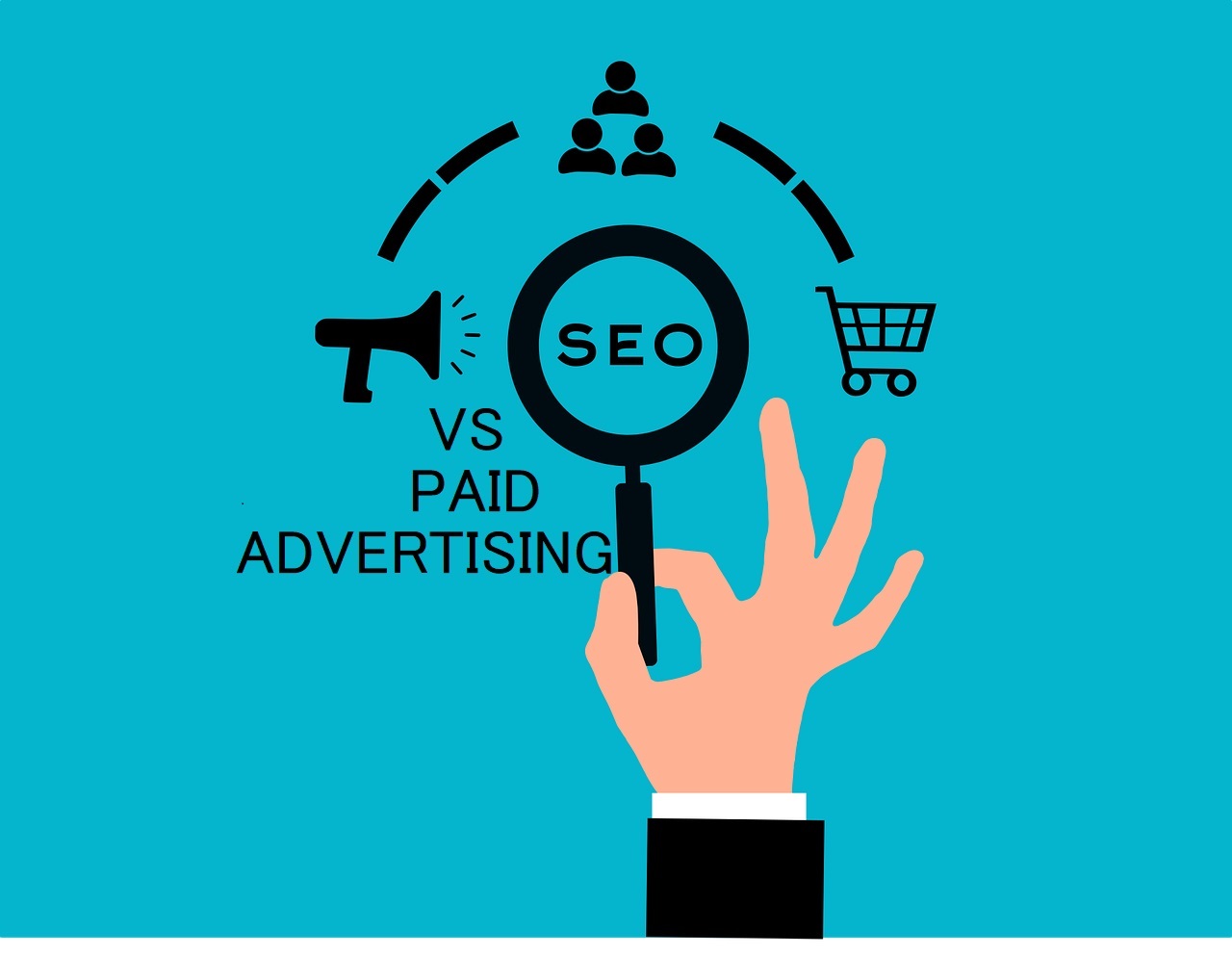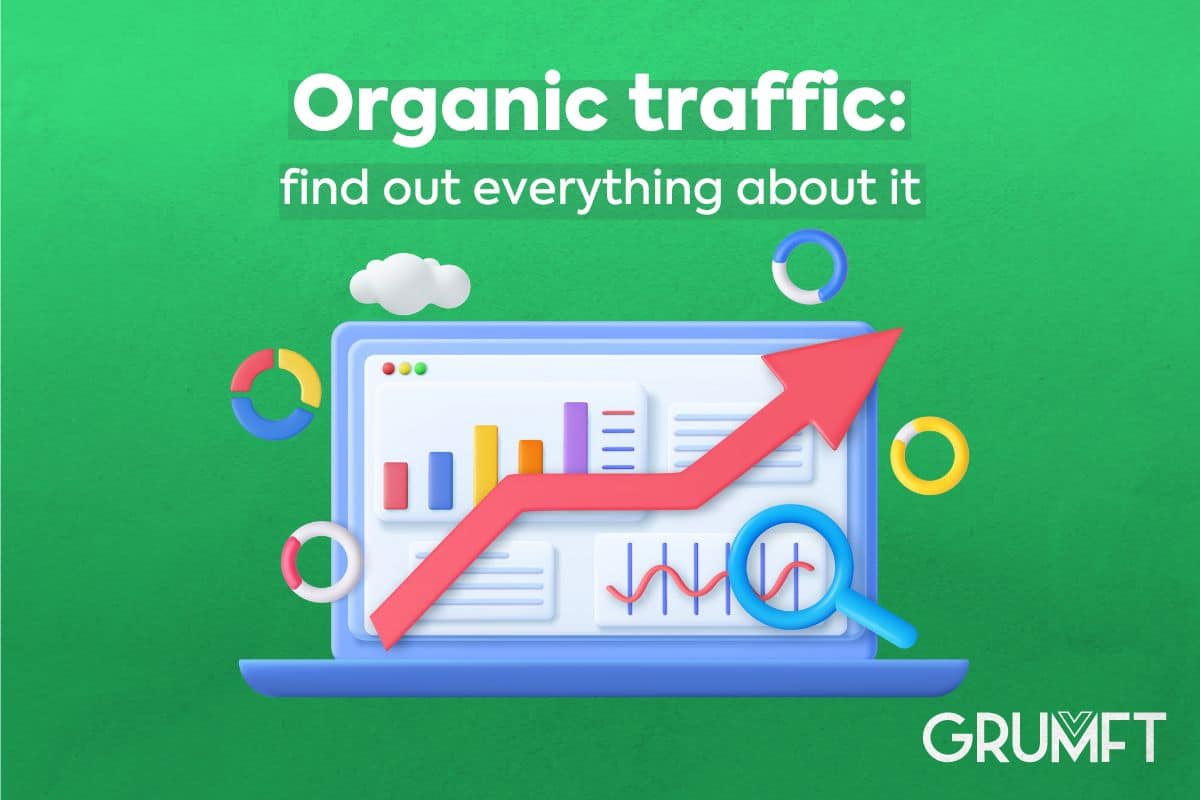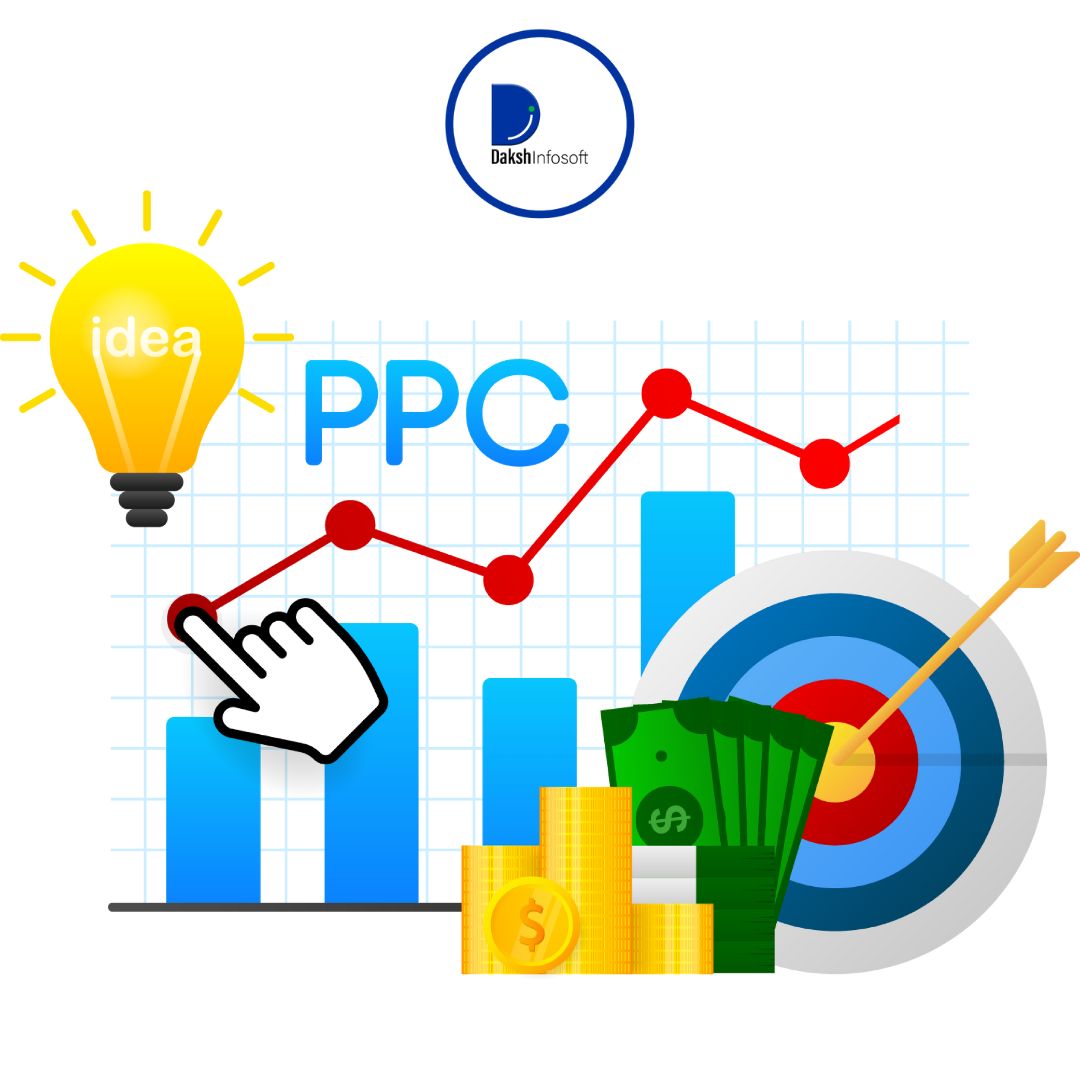
In the vast digital landscape, two titans of online visibility often clash: SEO and paid advertising. Both aim to boost your website's traffic, but they do so in fundamentally different ways. Imagine SEO as the marathon runner, steadily building momentum over time, while paid advertising is the sprinter, delivering instant results. But which strategy is best for your business? Let's dive in and find out.
Understanding SEO: The Marathon Runner
Search Engine Optimization (SEO) is the art of enhancing your website to increase its visibility on search engines like Google. The goal? To drive organic traffic to your site. SEO is a long-term strategy that involves optimizing various elements of your website, from content quality to technical aspects.
The Benefits of SEO
- Cost-Effective: Unlike paid advertising, SEO doesn't require a direct financial investment. Instead, it relies on your time and effort.
- Long-Term Results: Once you achieve a high search engine ranking, maintaining that position becomes easier, ensuring sustained traffic.
- Credibility: High rankings in organic search results are often perceived as a vote of confidence from search engines, enhancing your brand's credibility.
The Challenges of SEO
- Time-Consuming: SEO is a marathon, not a sprint. Results can take months to materialize.
- Complexity: SEO involves numerous factors, from keyword research to link building, making it a complex endeavor.
Understanding Paid Advertising: The Sprinter
Paid advertising, often referred to as Pay-Per-Click (PPC), is the practice of paying for ad space on search engines. The most well-known platform is Google Ads, where you bid on keywords to appear at the top of search results.
The Benefits of PPC
- Immediate Results: PPC campaigns can start driving traffic to your site almost instantly.
- Targeted Advertising: You can tailor your ads to specific demographics, locations, and even times of day.
- Measurable ROI: With tools like Google Analytics, you can track the performance of your ads and calculate your cost per click.
The Challenges of PPC
- Cost: PPC can be expensive, especially in competitive industries where the cost per click is high.
- Temporary Results: Once you stop paying, your ads disappear, and so does your traffic.
SEO vs. Paid Advertising: The Showdown
Organic Traffic vs. Paid Traffic
Organic traffic, driven by SEO, tends to be more sustainable and cost-effective in the long run. However, paid traffic can provide an immediate boost, which is invaluable for time-sensitive campaigns or new businesses looking to gain traction quickly.
Long-Term vs. Short-Term Results
SEO is a long-term investment. It takes time to build online visibility, but the results can last for years. Paid advertising, on the other hand, offers immediate results but requires continuous investment to maintain traffic.
Cost Comparison
While SEO can be done with minimal financial investment, it requires significant time and expertise. PPC, while offering quick results, can become expensive, especially in competitive markets.
When to Use SEO vs. Paid Advertising
When to Use SEO
- Long-Term Strategy: If you're looking to build a sustainable online presence, SEO is the way to go.
- Limited Budget: If you have more time than money, SEO allows you to invest sweat equity rather than financial capital.
When to Use Paid Advertising
- Immediate Results: If you need traffic now, PPC is your best bet.
- Targeted Campaigns: If you want to reach a specific audience quickly, paid advertising offers precise targeting options.
The Best of Both Worlds: Integrating SEO and PPC
Why choose one when you can have both? Integrating SEO and PPC can provide a powerful synergy. For example, you can use PPC data to inform your SEO strategy, identifying high-converting keywords to target organically.
Conclusion: Finding Your Balance
The debate between SEO and paid advertising isn't about choosing one over the other; it's about finding the right balance for your business. Both strategies have their strengths and weaknesses, and the best approach often involves a combination of the two.
So, which is best? It depends on your goals, budget, and timeline. By understanding the nuances of SEO and paid advertising, you can make an informed decision that drives your business forward.
FAQs
Can I do SEO myself, or do I need to hire a professional?
- While you can certainly learn and implement SEO yourself, hiring a professional can save you time and ensure you're following best practices.
How much should I budget for PPC campaigns?
- The budget for PPC campaigns varies widely depending on your industry and goals. It's essential to research the cost per click in your niche and set a budget that aligns with your business objectives.
How long does it take to see results from SEO?
- SEO results can take anywhere from a few weeks to several months, depending on the competitiveness of your keywords and the current state of your website.
Can I stop doing SEO once I achieve high rankings?
- While achieving high rankings is a significant milestone, maintaining those rankings requires ongoing SEO efforts. The digital landscape is constantly evolving, and so should your SEO strategy.
Is it possible to combine SEO and PPC effectively?
- Absolutely! Combining SEO and PPC can provide a powerful synergy, allowing you to leverage the strengths of both strategies to maximize your online visibility and traffic.


By understanding the nuances of SEO and paid advertising, you can make informed decisions that drive your business forward. Whether you choose the marathon runner or the sprinter, or a combination of both, the key is to stay agile and adapt your strategy as your business evolves.
Posting Komentar